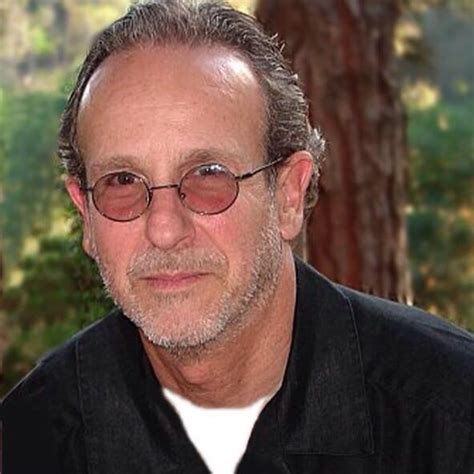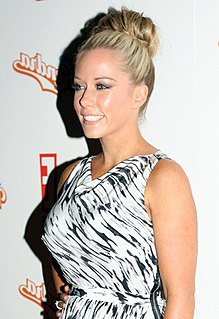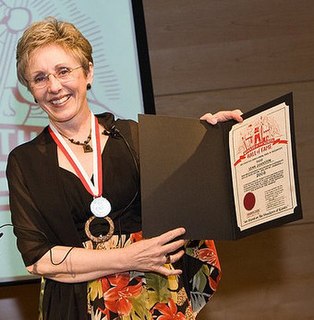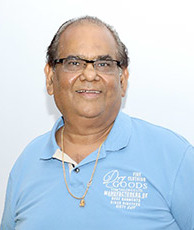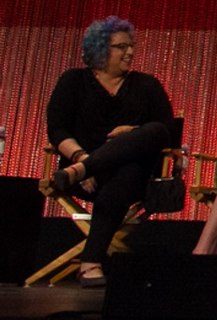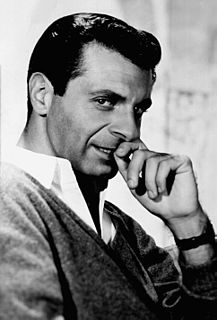A Quote by Gary Sherman
You get an audience to laugh and then show them something horrific, it's going to be even more horrific because they've had the release of the laugh before it.
Related Quotes
The real challenge in acting is in comedy. It's easier to get that gasp in a drama. Not easy, because you still have to find that emotional pitch. And when you do something in drama and you hear that sob from the audience it's so fulfilling. But as a comic actor, when the laugh is supposed to come and you punch in that line and nothing happens it is dreadful. It's horrific and you feel like dying right there.
The best way to make friends with an audience is to make them laugh. You don't get people to laugh unless they surrender - surrender their defenses, their hostilities. And once you make an audience laugh, they're with you. And they listen to you if you've got something to say. I have a theory that if you can make them laugh, they're your friends.
"I've found out why people laugh. They laugh because it hurts so much... because it's the only thing that'll make it stop hurting" ... "But that's not all people laugh at." "Isn't it? Perhaps I don't grok all its fullness yet. But find me something that really makes you laugh sweetheart... a joke, or anything else- but something that gave you a a real belly laugh, not a smile. Then we'll see if there isn't a wrongness wasn't there." He thought. "I grok when apes learn to laugh, they'll be people."
Rain Man certainly didn't test really well. If you look at it carefully, you have a disease autism they didn't understand back then, they didn't know in the test audience whether it's okay to laugh or not laugh, because it's a film that's done in a way where, "Well, maybe I'm not supposed to laugh." At the end of the film, Dustin Hoffman gets on the train and doesn't even acknowledge his brother. Not even a glance, nothing. That's why the studio said, "Can't you just have him look at Tom Cruise at the end of the film?"
